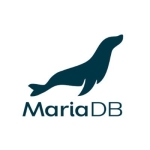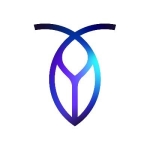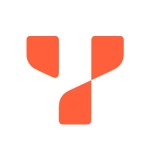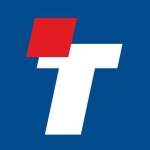I like the backend robustness of the database and the security capabilities that are inherently in the product.
The adaptability to various APIs is something that needs to be improved.
Also, the programming interface needs some improvement.
I have been using Oracle Database for five years.
We typically use Oracle Suite for our databases and Microsoft for our OS platforms.
We are also considering a partial move to Microsoft Azure. This is our plan but it has not yet happened.
We are currently evaluating solutions to purchase. Some of the solutions that we are considering are AlgoSec, Skybox, and Toughen.
We are currently managing our firewall manually, which is why we are looking for an automated tool.
I would rate Oracle Database a seven out of ten.














